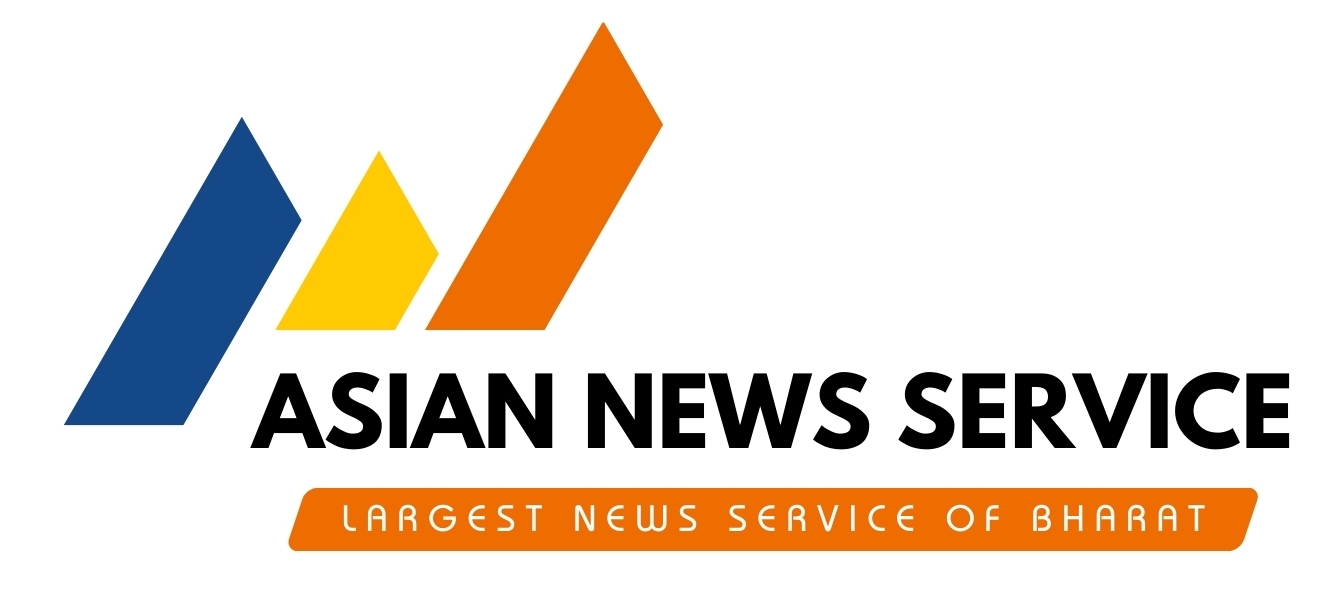Under CM Vishnu Deo Sai’s Leadership, Chhattisgarh Strikes Hard Against Malaria

Yellow and Black Modern Streaming Platform Logo - 5
Raipur, July 14
Under the visionary leadership of Chief Minister Shri Vishnu Deo Sai, and in alignment with the state government’s unwavering commitment to public health, Chhattisgarh has relaunched a decisive campaign aimed at the permanent eradication of malaria. Guided by Health Minister Shri Shyam Bihari Jaiswal, the department has initiated a model strategic intervention that sets a new benchmark in the field of public health. The 12th phase of the ‘Malaria Mukt Chhattisgarh Abhiyan’ (Malaria-Free Chhattisgarh Campaign) has not only expanded its operational scope but also demonstrated on-ground impact—proving that policy-driven and determined governance yields tangible results.
Launched on June 25, this phase has involved intensive testing, treatment, and awareness drives across 10 districts in the state. So far, 19,402 households have been visited, and 98,594 individuals have undergone blood testing. Out of these, 1,265 people tested positive for malaria. What’s noteworthy is that every identified case was immediately given the first dose of medication—with precautionary steps such as administering local food first to ensure the medicine’s effectiveness and safety. Each patient was also issued a treatment card, ensuring proper monitoring and follow-up.
The most significant impact of this campaign has been observed in Bastar division, where malaria cases have declined by 71% compared to 2015. This is not a routine outcome, but the result of a systematic, sustained, and scientific strategy. The state’s Annual Parasite Index (API) has also dropped from 27.40 to 7.11, indicating effective control over the disease.
Expressing satisfaction over the campaign’s progress, Health Minister Shri Shyam Bihari Jaiswal stated that “The fight against malaria is no longer just about treatment—it has evolved into a battle of strategy and public participation.” He emphasized that the government’s targets—’Zero Malaria by 2027′ and ‘Malaria-Free Chhattisgarh by 2030’—are no longer confined to documents, but are steadily becoming reality.
Dr. Priyanka Shukla, Commissioner-cum-Director of the Health Department, shared that the campaign’s efforts have significantly reduced malaria cases in the Bastar region. “Our priority is to reach every infected person, treat them on time, and ensure there’s no scope for future transmission,” she said. She also noted that the department is focusing particularly on asymptomatic malaria cases, aiming to eliminate the disease at its root.
The success of this campaign has also been made possible through the active involvement of Mitanins (community health workers), Anganwadi workers, village panchayats, and volunteer organizations. This is no longer just a health initiative, but has transformed into a people’s movement. In addition to diagnosis and treatment, the campaign is educating communities on practical preventive measures like regular use of mosquito nets, prevention of water stagnation, and maintaining cleanliness.
This robust and compassionate initiative by the Chhattisgarh government, under the foresighted leadership of Chief Minister Shri Vishnu Deo Sai, is not only a strong and sustainable step toward eliminating malaria from the state, but is also emerging as a national model in public health strategy. In the coming years, this comprehensive and community-driven approach is expected to inspire similar efforts across other states.
